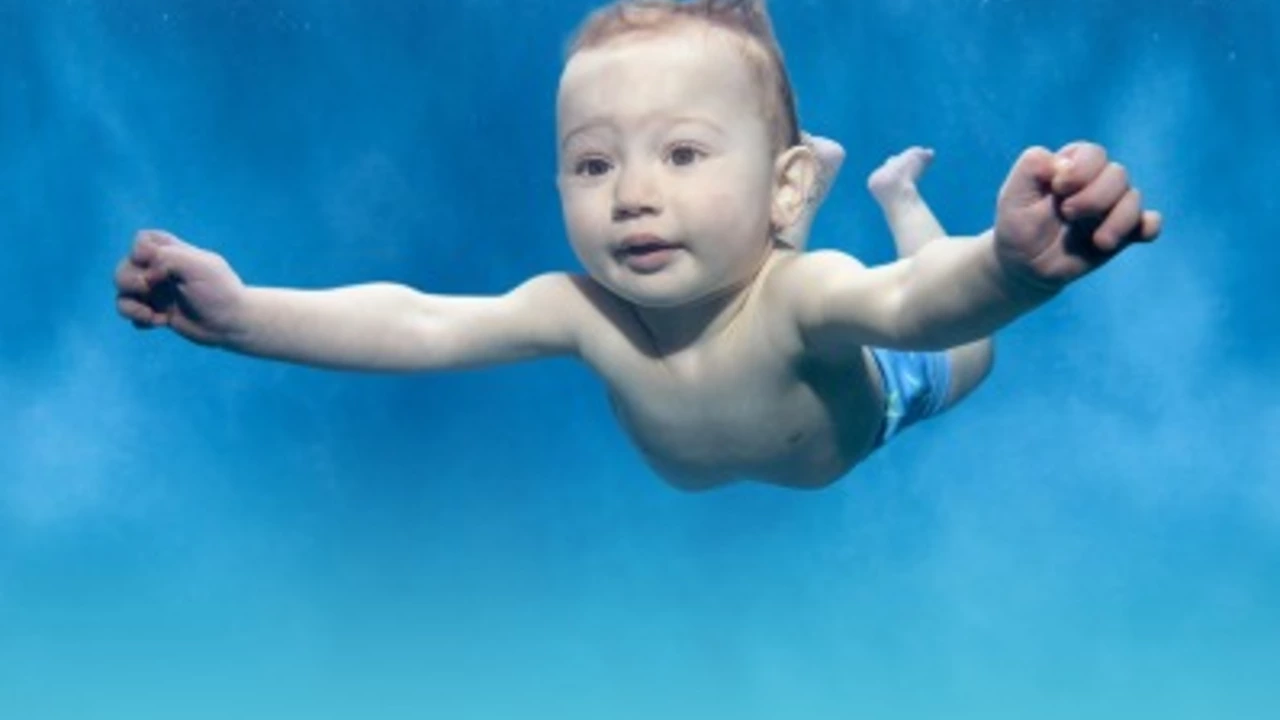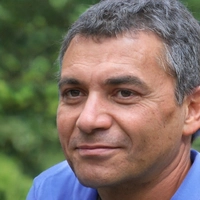Parenting & Childcare
When you think about Parenting & Childcare, the everyday practice of raising children, keeping them safe, and supporting their growth. Also known as family care, it covers everything from bedtime routines to choosing the right extracurricular activities. One activity that’s gaining attention is infant swimming lessons, organized classes for babies and toddlers that teach water comfort, basic movement and safety fundamentals. These lessons sit at the crossroads of motor skill development, the process of building coordination, balance and strength in early childhood and water safety, the set of practices that reduce the risk of drowning and water‑related accidents. In short, Parenting & Childcare encompasses infant swimming lessons, requires attention to motor skill development, and is shaped by water safety concerns.
Why infant swimming lessons matter for modern parents
Parents today juggle work, school pick‑ups and a flood of extracurricular options. Adding a water‑based activity might feel like another chore, but the benefits line up with core parenting goals. First, getting children comfortable in water early builds confidence that spills over into other environments – a child who isn’t scared of a splash is less likely to panic in a crowded pool or a rainy day. Second, the repetitive kicking and arm movements in a guided class accelerate motor skill development. Research from the UK Youth Sports Council shows that toddlers who attend structured water sessions improve balance scores by 15% compared with peers who don’t. Third, every parent worries about accidental drowning; the UK’s latest water safety report lists infants and toddlers as the most vulnerable group. A well‑run infant class teaches parents how to hold and support their child safely, turning a simple swim session into a practical survival skill rehearsal.
Because of these links, many community centres now pair swimming lessons with parent‑education workshops. The workshops cover topics like recognizing early signs of water distress, using flotation devices correctly, and establishing routine water safety checks at home. When parents leave with a solid grasp of both skill‑building and safety protocols, they feel more empowered to let their kids explore pools, lakes or even bathtub play without constant anxiety. This empowerment aligns with the broader Parenting & Childcare mission of fostering independence while maintaining a safety net.
Another angle often overlooked is the social side of early swim classes. Small groups mean toddlers interact with peers, learning turn‑taking and basic communication in a low‑stress setting. Those soft‑skill gains complement the physical benefits and fit neatly into a holistic parenting strategy. For parents who can’t spare a full hour every week, many programmes now offer short “water confidence” sessions that focus on splashing, blowing bubbles and simple floating drills – all of which reinforce the same motor and safety foundations.
If you’re still on the fence, consider the cost‑benefit picture. The average fee for a ten‑week infant series in the UK ranges from £120 to £180. Compared with the potential emotional and financial toll of a water‑related accident, the investment feels modest. Plus, many clubs provide sibling discounts, making it easier for families with multiple children to share the experience.
Below you’ll find a curated set of articles that dig deeper into each of these points. We cover everything from choosing the right swim provider and preparing your baby for the first splash, to detailed water‑safety checklists and real‑world stories of how early lessons saved lives. Dive into the collection and pick the tips that match your family’s rhythm – you’ll soon see how a splash of water can make a big wave in your parenting journey.

